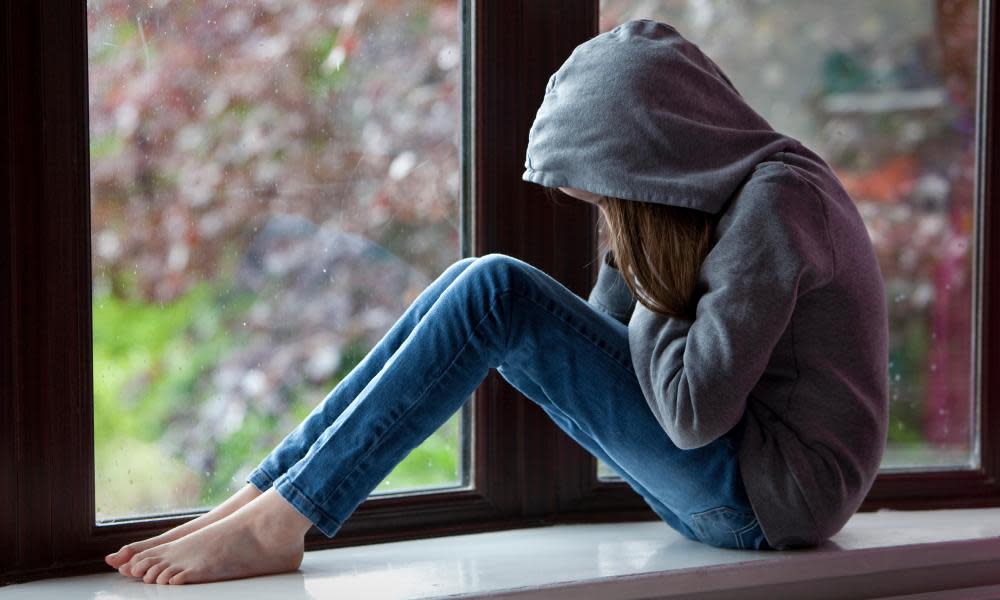Children neglected by a profit-making system

So the Ministry of Justice is going to raise the minimum legal age of marriage in order to protect vulnerable children (Government pledges to raise legal age of marriage to 18 in England and Wales, 11 June). My small charity, meanwhile, has had to apply for a judicial review of the Department for Education’s decision to introduce secondary legislation which states that children in care in England must always be placed in settings where they receive day-to-day care and consistent adult supervision – but only if they are aged 15 or younger.
One of the arguments the DfE seeks to rely upon is that children can marry or enter a civil partnership with parental consent from the age of 16. Yet the Children Act 1989 provides that local authorities look after children who cannot live with their families up to age 18. This latest government move takes us back decades in effectively introducing a legal leaving care age of 16.
Four in 10 children in care who live in unregulated accommodation, where they receive no day-to-day care, were put there by local councils within a week of becoming looked after. Putting teenagers in desperate need into hostels, bedsits and flats is becoming a default option because of the chronic lack of suitable homes and sustained underfunding of local authorities. The use of caravans, cottages and tents is also on the rise. Remarkably, the DfE even ignored pleas to ensure children in care are cared for until they have at least completed their final year at school.
Carolyne Willow
Director, Article 39
• Josh MacAlister, the head of the government’s review of children’s social care, “implores” owners of children’s homes to reduce “indefensible” profits or run the risk of intervention (Profits from English children’s care homes indefensible, bosses to be told, 9 June). This reminds me of the proverbial frog misinterpreting the very nature of the scorpion. What does MacAlister think the venture capitalists who own the majority of private children’s homes are in the game for? A high rate of return in exchange for low-risk outlay, and often poor-quality provision, is simply a gift from which they will not voluntarily walk away.
The British Association of Social Workers has made a policy statement on MacAlister’s review. One of its 13 recommendations to the government is to ensure future children’s services are provided through public and not-for-profit organisations.
Frog? Hopefully MacAlister will be a bolder, more assertive creature in less than a year’s time when he makes his recommendations.
Simon Morton
(Registered social worker), Old Trafford, Greater Manchester
• Your editorial (11 June) is right in highlighting the failure of privatising children’s homes in meeting the needs of young people in care. It will also be essential for the MacAlister review to address the wider failures of the care system. First, to help families when problems arise so that young people can remain living in their communities, at home, or with family. Second, to respond to the increasing demands on children’s and youth services arising from sexual exploitation, gang violence and complex mental health problems, including the impact of the pandemic.
This will mean reversing the draconian cuts to local authorities, estimated at £2bn since 2012, and gaining political support for radically reducing child poverty, currently including 4 million children, which is strongly associated with children needing help and coming into care.
Prof Mike Stein
University of York
• Have an opinion on anything you’ve read in the Guardian today? Please email us your letter and it will be considered for publication.

 Yahoo News
Yahoo News 
